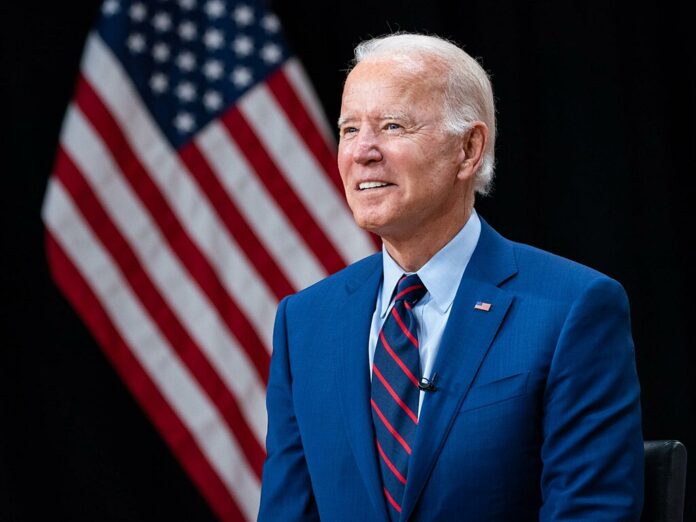In a personal meeting at his Delaware home, President Biden and Prime Minister Albanese discuss collaboration before the Quad Leaders’ summit
In a significant gesture of camaraderie, President Joe Biden hosted Australian Prime Minister Anthony Albanese at his Wilmington, Delaware, home, marking what may be their final one-on-one meeting before Biden’s presidency concludes. This meeting comes just a day before a key Quad summit, featuring leaders from India and Japan, to address pressing issues facing the Indo-Pacific region.
The atmosphere was informal yet meaningful as the two leaders discussed shared interests and strategies. Albanese noted that this was the first time a foreign leader had been welcomed into Biden’s home, describing it as a great honour. “It reflects the strong ties between our nations,” he remarked, underscoring the importance of personal diplomacy.
During their time together, the two leaders exchanged gifts, a customary practice that symbolizes respect and goodwill. Albanese presented Biden with an official Royal Australian Air Force flight jacket, complete with a personalized “Joe Biden” name patch. In return, Biden gifted Albanese a framed artwork featuring landmarks from Delaware, crafted from locally sourced wood, further solidifying their bond.
Embed from Getty ImagesBiden’s focus on fostering strong relations was evident as he emphasized the importance of collaboration between the United States and Australia. “When America and Australia stand as one, we forge a future of greater opportunity and security for our countries and the Indo-Pacific,” he stated in a post-meeting update on social media.
The upcoming Quad meeting, which aims to enhance cooperation among the member nations, will address critical challenges such as cancer prevention and illegal fishing. This initiative highlights the commitment of the U.S., Australia, Japan, and India to protect the Indo-Pacific region from coercion and aggression.
As Biden faces questions regarding his age and readiness to lead, Albanese expressed confidence in the president’s capabilities, stating, “He is fit and totally on top of his brief.” Their personal rapport, built on mutual respect and learning, signifies a promising future for the alliance between the two nations.
Analysis:
Political: The meeting underscores the strategic importance of the U.S.-Australia alliance within the context of the Quad. As tensions in the Indo-Pacific rise, strengthening ties among these nations is critical for maintaining stability and countering potential aggressors. This personal meeting may also serve to reassure both domestic and international audiences about Biden’s leadership capabilities as he approaches the end of his term.
Social: Biden and Albanese’s meeting reflects a broader trend in global politics where personal relationships among leaders can influence international cooperation. Their camaraderie, highlighted through gift exchanges and informal discussions, illustrates the significance of personal diplomacy in fostering trust and collaboration between nations.
Racial: The Quad partnership not only involves geopolitical strategies but also addresses issues pertinent to diverse populations within the member nations. As leaders gather to discuss health and environmental concerns, they are also confronting challenges that disproportionately affect marginalized communities, thereby promoting inclusivity in international policy discussions.
Gender: While the focus remains primarily on male leaders, the Quad’s initiatives impact women significantly, particularly in areas such as healthcare and social equity. Efforts to combat cancer and improve health access can lead to better outcomes for women and families in the region, emphasizing the need for gender-sensitive approaches in international agreements.
Economic: The upcoming Quad discussions are expected to yield economic implications, particularly regarding trade, security, and innovation. As these nations collaborate on shared challenges, the potential for enhanced economic partnerships could lead to increased stability and growth in the Indo-Pacific region, benefiting all member countries.
